Life
Sign up for our newsletter
We summarize the week's scientific breakthroughs every Thursday.
-
 Neuroscience
NeuroscienceFacial-processing area of brain keeps growing throughout childhood
Contrary to scientists’ expectations, a facial-processing area of the brain grows new tissue during childhood, an MRI study suggests.
-
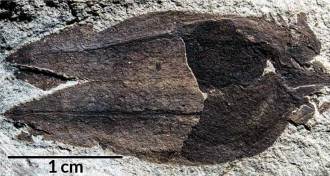 Paleontology
PaleontologyTomatillo fossil is oldest nightshade plant
Two 52-million-year-old tomatillo fossils in Patagonia push the origin of nightshade plants back millions of years, to the time when dinosaurs roamed.
By Meghan Rosen -
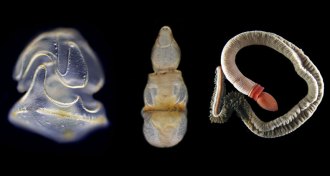 Animals
AnimalsThese acorn worms have a head for swimming
The larvae of one type of acorn worm are basically “swimming heads,” according to new genetic analyses.
-
 Life
LifeBaby starfish on the hunt whip up whirlpools
Starfish larvae use hairlike cilia to stir up water whorls and suck prey in close.
-
 Life
LifeBaby starfish whip up whirlpools to snag a meal
Starfish larvae use hairlike cilia to stir up water whorls and suck prey in close.
-
 Astronomy
AstronomyThese 2016 stories could be really big — if they’re true
These findings would have rocked the scientific world, if only the evidence were more convincing.
-
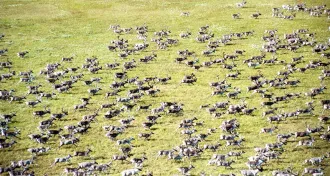 Animals
AnimalsWorld’s largest reindeer population may fall victim to climate change
Climate change and wolves are driving down the reindeer population in Russia’s Taimyr population.
-
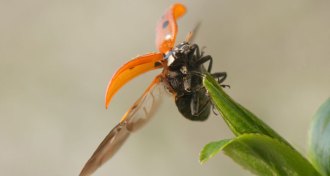 Ecosystems
EcosystemsLong-ignored, high-flying arthropods could make up largest land migrations
Forget birds. 3.5 trillion insects, spiders and mites a year fly over the southern United Kingdom.
By Susan Milius -
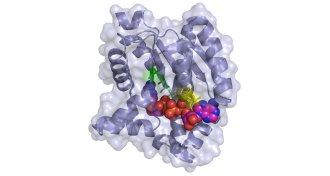 Life
LifeAncient enzymes adapted to a cooler Earth to keep life’s chemical reactions going
Ancient enzymes kept their speed at lower temperatures.
-
 Neuroscience
NeuroscienceHow scientists are hunting for a safer opioid painkiller
Scientists are sorting through chemical structures, twisting and turning known drugs and exploring new ways to ease pain.
-
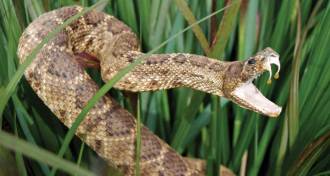 Animals
AnimalsTales of creatures large and small made news this year
Scientists filled in the details of some famous evolutionary tales in 2016 — and discovered a few surprises about creatures large and small.
-
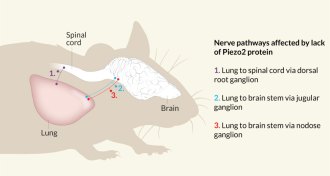 Life
LifeForce-detecting protein senses when lungs fill with air
A study in mice pinpoints a force-detecting protein that regulates breathing, previously implicated in touch.